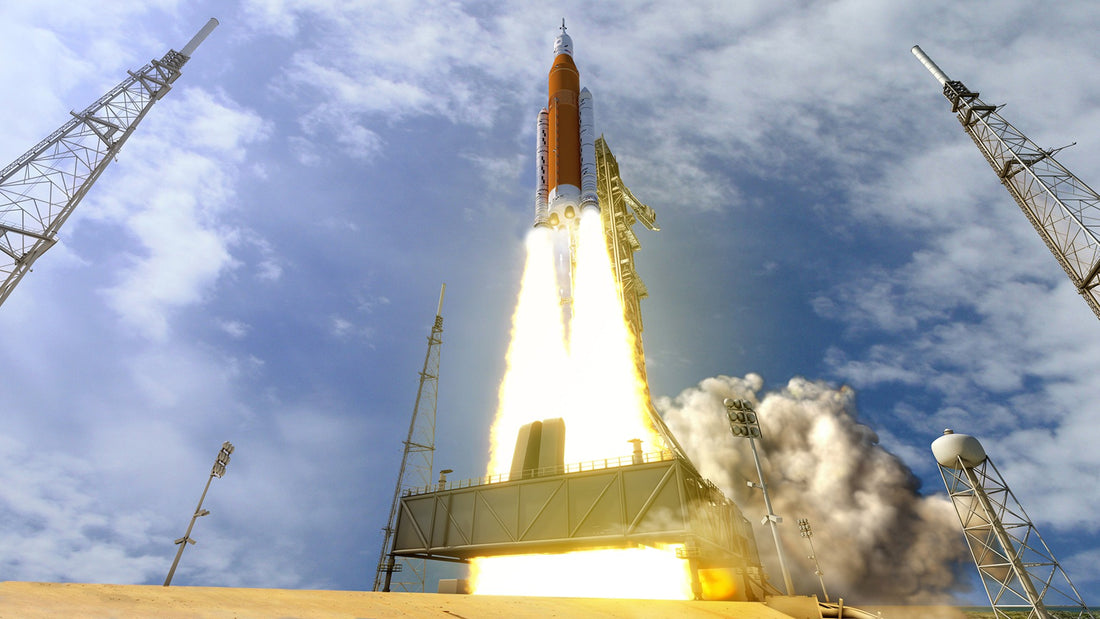
Watch Nasa's New Moon Megarocket Launch Live
Share
How to watch: NASA will livestream the launch on NASA TV, which you can watch on NASA's website, on NASA TV's YouTube Channel, or on NASA's livestream found just below.
When to watch: Planned launch of the SLS rocket - 22:00 pm, Aug. 29, 2022.
NASA has a two-hour time window to blast the rocket into space. Weather permitting.
NASA's long-anticipated return to the Moon's surface is still at least three years away, with much of the necessary hardware still in development, 50 years after the Apollo era ended.
With the launch scheduled for Monday in Florida of NASA's next-generation mega-rocket, the Space Launch System (SLS) and its Orion crew capsule, NASA intends to take a giant leap in its renewed lunar ambitions.
On the six-week Artemis I test flight, the combined SLS-Orion spacecraft will launch from Cape Canaveral, sending an unmanned capsule around the Moon and returning to Earth.
After the mission's flight readiness review, NASA associate administrator Bob Cabana told a news briefing last week, "We are ready for launch."
A rigorous flight test is planned to evaluate the SLS rocket ship, considered the world's most complex and powerful rocket ship, in order to determine whether it is ready to carry astronauts.

NASA has built the largest new vertical launch system since the Saturn V rockets flown during its Apollo Moon program in the 1960s and 1970s.
Despite years of delays and cost overruns, NASA has spent at least $AU53 billion on the SLS-Orion spacecraft, including the design, construction, testing, and ground infrastructure.
According to NASA Administrator Bill Nelson, the Artemis program supports 70,000 American jobs and generated $AU$20 billion in commerce in 2019.
Congressional funds for Artemis have steadily increased in NASA's budget.
Boeing and Lockheed Martin are two of the biggest financial beneficiaries of SLS and Orion.

Astronauts will return to the Moon by 2025 as part of NASA's Artemis program, named for the goddess who was Apollo's twin sister in ancient Greek mythology, and establish a long-term lunar colony for even more ambitious future voyages.
"Even with this delay and increased budget, it is doubtful that NASA will be landing humans on the Moon by 2025, but if all goes well, it could happen in the next few years," says Lori Garver, NASA's deputy administrator during the rocket's development.
QUESTION: Will Artemis adhere to the timeline? Or James Webb Telescope the cra*p out of the timeline?
Let us know in the comments and keep thrusting Australia into the deep unknown…
#Space_Aus




